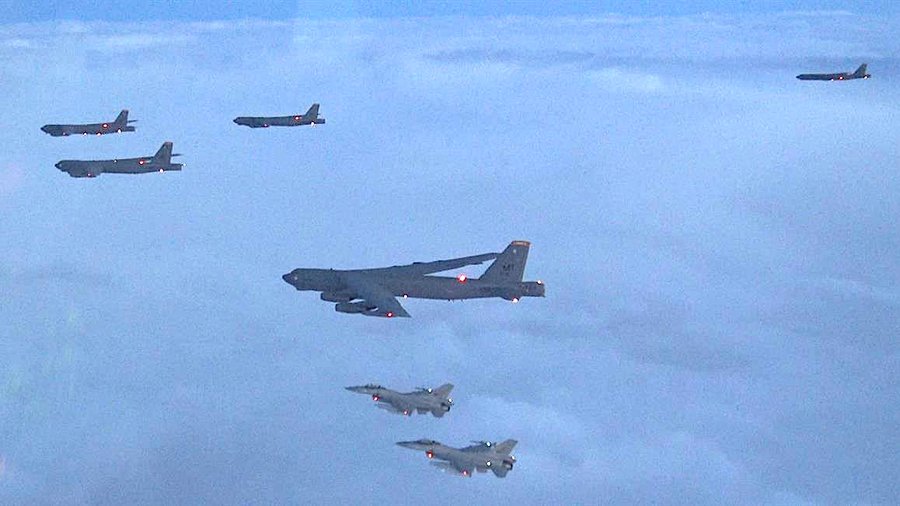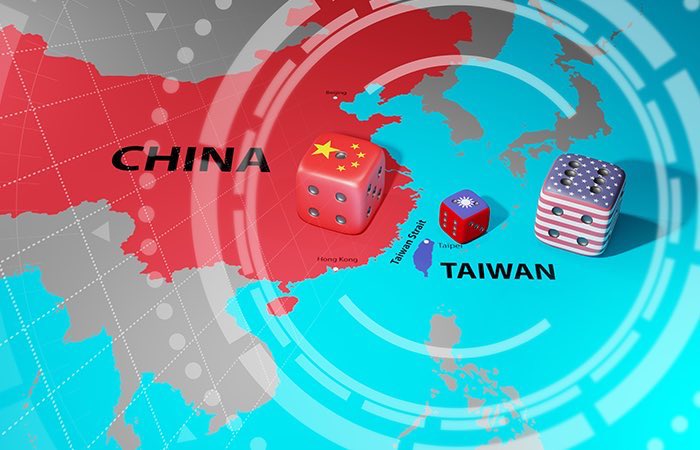Tensions rise as China hints at reclaiming Taiwan soon. Will the world face a new crisis?
China Is Planning to Reclaim Taiwan Within a Few Months: A Dangerous Shift in Global Politics
The silence feels heavy, and the skies over the Taiwan Strait are clouded not just with the fog of weather but the haze of something far more dangerous — a confrontation that has been decades in the making. According to recent signals, China may be preparing to make a decisive move on Taiwan — not in years, but in a matter of months.
This isn’t a hollow threat tossed around at a press conference. It’s a carefully calculated strategy being whispered in political backrooms, planned in military command centers, and nervously monitored from Washington to Tokyo. If China is indeed planning to reclaim Taiwan, then we are not just witnessing another regional dispute — we’re watching the first act of what could become one of the most consequential conflicts of the 21st century.
The “Peaceful Reunification” Illusion is Breaking
For years, Beijing has used the phrase “peaceful reunification” to describe its stance toward Taiwan. But let’s be honest — that language has aged poorly. With each new administration in Taipei pushing for stronger democratic identity and independence, and every new military exercise conducted by China near Taiwan’s waters, the gap between those two words — “peaceful” and “reunification” — has only widened.
Now, intelligence whispers, satellite activity, and diplomatic undercurrents all suggest a shift: China’s patience may be wearing thin, and its timeline to act might be shrinking. It no longer seems like a matter of if — but when.
Why Now? The Timing Isn’t Random
Why would China pick now to accelerate its plan? Three reasons stand out:
1. Global Distraction
Much of the Western world is distracted. The U.S. is embroiled in its election cycle, Europe is juggling economic instability and political fragmentation, and Russia is still at war in Ukraine. The global focus is splintered, making it a perfect storm for a surprise move on Taiwan.
2. Military Confidence
China has spent the last decade expanding its military, especially its naval and missile capabilities. It’s not just flexing muscle — it’s testing it, from mock island blockades to aircraft flyovers. China may now believe that it holds enough tactical strength to launch a limited, rapid operation before international powers can effectively respond.
3. Domestic Pressure
President Xi Jinping faces enormous pressure at home — from economic slowdown to youth unemployment. A swift move on Taiwan could serve as a distraction and a nationalist rallying cry, giving him an image of control and historical legacy.
What Would “Reclaiming Taiwan” Actually Look Like?
Let’s be clear: if China moves on Taiwan, it won’t look like a Hollywood-style beach landing on Day 1. It will likely begin with cyberattacks, satellite jamming, economic blockade, and airspace violations. The goal would be to overwhelm Taiwan’s defenses, collapse public morale, and make international help seem too late or too costly.
In the first few hours, we could see power cuts, internet outages, paralyzed banking systems, and a media blackout — designed to destabilize Taiwan from the inside. Only then would physical force be introduced — maybe a targeted strike on key military outposts or a no-fly zone declared by China.
Taiwan is not just another island.
This is not a small rock in the sea we’re talking about. Taiwan is home to 23 million people, one of the world’s most advanced chip manufacturing industries, and a thriving democracy. Any attempt to forcibly reclaim it wouldn’t just be a military mission — it would be an assault on freedom, self-governance, and the modern economic order.
Taiwanese citizens are not naïve. They’ve lived under the threat of invasion for decades, and their defense systems, civil preparation, and strategic alliances reflect that reality. But the threat today feels different — more immediate, more concrete, more final.
What Will the World Do? And Will It Be Enough?
The biggest question isn’t what China will do — it’s what the rest of the world will do if China makes the move.
Will the U.S. intervene militarily, risking a direct conflict with a nuclear-armed superpower? Will Japan, South Korea, or Australia offer support? Will Europe take a firm stance, or issue carefully worded statements and move on?
There’s a painful truth here: the world’s appetite for war is shrinking, and Beijing knows it. Many nations will hesitate, calculate, delay. And that hesitation might be the biggest risk of all.
Is It Just Political Posturing — Or the Calm Before the Storm?
Skeptics argue that China wouldn’t dare — that it has too much to lose economically, diplomatically, and militarily. But history teaches us that powers don’t always act logically — they act based on emotion, ideology, and miscalculated assumptions.
In 2022, very few believed Russia would actually invade Ukraine. Yet it did. The price was devastating — for Ukraine, for Europe, and even for Russia itself. But the lesson is clear: never underestimate the possibility of irrational ambition disguised as strategy.
Final Thoughts: The World Can’t Blink
If China truly plans to reclaim Taiwan within months, the world is facing a geopolitical shift that will redefine the balance of power in Asia — and far beyond. This is not about borders, it’s about ideologies: democracy versus authoritarianism, rule of law versus rule by fear.
Taiwan may be a small island, but in this battle, it represents something far bigger. If we blink, hesitate, or downplay the warning signs again, history may not be so kind to us.
The clock is ticking — and whether it’s loud enough to wake the world up in time, is a question no one can answer.


